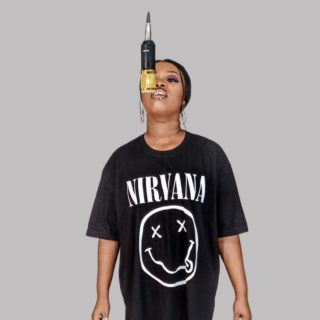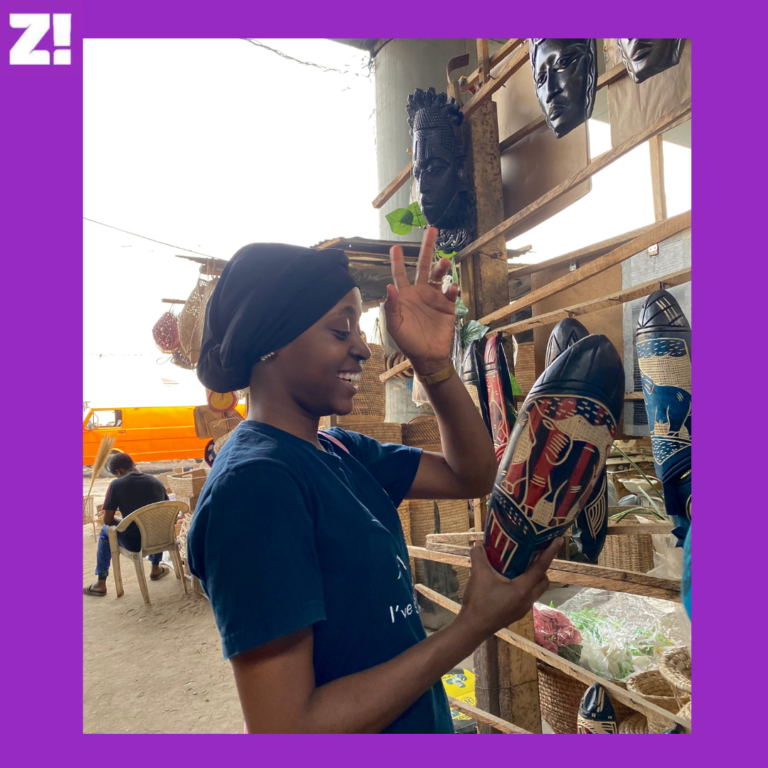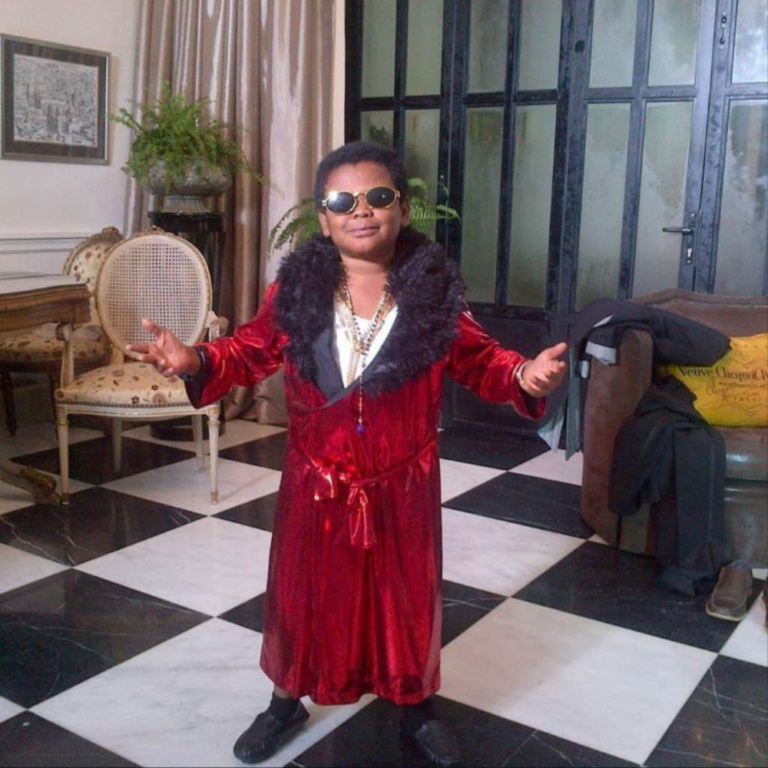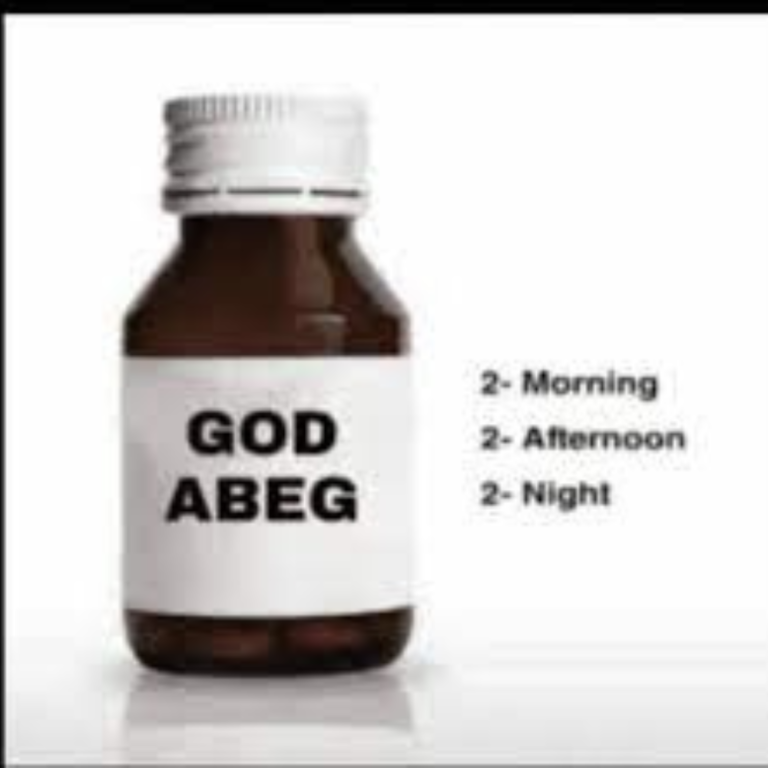You’re probably wondering what flagging is and why it’s important to queer people? First off, it’s important to acknowledge that flagging has been a big subculture for as long as queer people have existed. It’s a subtly way of saying, “I’m queer and I’m here.”
For people like us who live in a country where it’s not so safe to be queer out loud and we get prosecuted for it due to the SAME SEX MARRIAGE (PROHIBITION) ACT (SSMPA) bill, it doesn’t take away the need to live as boldly as you can in public. Hence the need to flag. Queer flagging here means wearing, owing using terms, clothing, etc as a way of hinting to other another queer people that you too are queer.
I spoke to these four queer Nigerians, and here’s what they had to say about flagging and why it’s important to them.
Milan, she/her
Queer flagging, to me, is showing other community members you’re one of them. The subtle hints allow other queer people to recognise you outside. It’s important for me to queer flag because I’m a femme woman meaning that I’m not someone people stereotypically ascribe queerness to. People see me and assume I’m for the man dem, but I’m for the girls and the gays. I want to be noticed by other queer women. I am tired of men moving to me, thinking I like them. I’m a lesbian. We live in a homophobic country, and you can’t just walk up to someone of your gender and tell them you like them like that.
You have to watch out for signs, maybe looks or a particular attitude or behaviour. I like to be approached, talked to and taken seriously, so I flag because I don’t fit into the queer stereotype. To be honest, I don’t like queer flagging because it feels like a performance, but I understand its importance, even though I wish I didn’t have to. It feels like I’m performing sexuality and not staying true to myself, but it needs to be done.
RELATED: Why Dating Femme Queer Women Is Not for the Weak
JJ, he/him
Of course, there’s no one way to look queer, but when I was still a baby gay, no one could tell I was queer even when I went to queer parties. Now that I’m a typical example of what a queer masc person looks like, people now get me.
I imagine it must be difficult for femme queer women. The problem is that even back then, I was a bit of a tomboy — and being tomboy doesn’t necessarily mean queer — but as soon as I cut my hair, everyone and their daddies started to call me “gay” outside. The upside to flagging is that your tribe will easily find you, but it will also attract homophobes. I will never stop, though. It’s the only way I can affirm my queerness in public when I feel the need to hide.
Theo, she/they
Queer flagging for me is how I present myself when I’m outside in a bid not to look cishet passing because I’m non-binary. I mostly never “look queer”. I envy people who can, though. I feel like I can just walk up to someone with aqueer aesthetic and talk to them, but I don’t “look it”, so they wouldn’t know how to react to me in that “I see you” way.
It sucks sometimes but it’s still important to me that queer people flag because it makes me feel like I’m not alone when I step out of my house. I live for that smile across the street when I see a queer person outside. It’s such a mood booster. You see someone living their best queer life and it makes you feel like you can do it too because this person is living so proudly. Like yass, that’s the agenda.
Ink, he/ they
Its important becausethose who know will recognise the way you flag. Queer flagging is important because it helps you find community. It’s not safe for people to just announce they’re queer in this hell of a country, but queer flagging will let you know who’s queer or, at the very least, who won’t mind being regarded as queer. When you understand how other people are flagging and they know you understand, it’s like an instant connection. You let down your guard around each other. I feel like I’m the only queer person around me sometimes, but going out and catching the eye of someone who’s also queer, sharing a smile or a nod? That thing can make my day.
*Names have been changed to protect subjects’ identity, and answers slightly edited for clarity.




